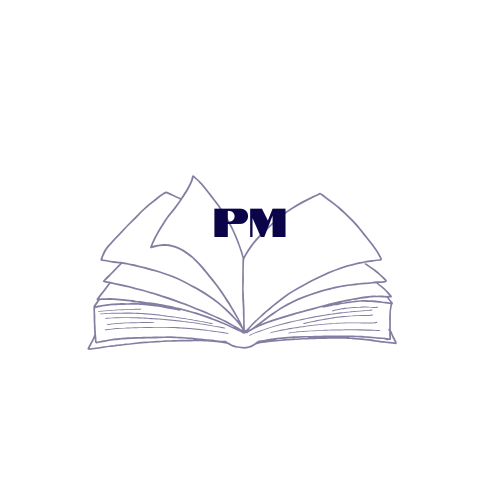Project management in healthcare and the pharmaceutical industry is rapidly evolving to meet the growing demands of regulatory compliance, technological advancements, and patient-centered care. With the rise of digital transformation, AI, and Agile methodologies, project managers in these industries are now required to be more adaptive and innovative.
This article explores the evolution of project management in healthcare and pharma, the latest trends, and the key factors driving change in these critical industries.
Key Factors Driving Change in Healthcare and Pharma Project Management
1. Regulatory and Compliance Requirements
- Strict regulations like FDA, HIPAA, EMA, and GDPR require enhanced project governance.
- Project managers must integrate quality control, documentation, and compliance tracking.
- Risk management strategies are evolving to mitigate regulatory penalties.
2. Digital Transformation and Technology Integration
- Adoption of AI, machine learning, and big data analytics is streamlining project workflows.
- Electronic Health Records (EHRs) and cloud-based solutions improve data access and management.
- Use of IoT (Internet of Things) devices enables real-time monitoring and automation.
3. Shift to Agile and Hybrid Project Management Methodologies
- Agile frameworks like Scrum and SAFe (Scaled Agile Framework) are being implemented for faster drug development cycles.
- Hybrid project management approaches combine Waterfall for regulatory processes and Agile for R&D.
- Increased collaboration with cross-functional teams, stakeholders, and patient groups.
4. Pandemic Impact and Global Health Challenges
- The COVID-19 pandemic accelerated project prioritization for vaccine and treatment development.
- Supply chain management projects focus on reducing disruptions and ensuring timely delivery.
- Increased emphasis on telehealth, virtual clinical trials, and remote project management.
Trends in Healthcare and Pharma Project Management
1. Data-Driven Decision-Making
- Project managers rely on predictive analytics and AI-driven insights to optimize timelines and budgets.
- Real-time dashboards improve tracking of project performance and regulatory approvals.
2. Risk Management and Quality Assurance
- Adoption of ISO 13485 and Good Manufacturing Practices (GMP) for ensuring quality in pharma projects.
- Implementation of AI-powered risk assessment models for clinical trials.
3. Collaboration and Stakeholder Engagement
- Increased involvement of patients, regulators, and healthcare professionals in project planning.
- Use of virtual collaboration tools like Microsoft Teams, Trello, and Asana to manage remote teams.
4. Sustainability in Project Management
- Green project management approaches focus on reducing waste in pharma supply chains.
- Investment in sustainable healthcare facilities and eco-friendly drug production.
Challenges in Healthcare and Pharma Project Management
1. Balancing Innovation with Compliance
- Rapid advancements in AI and biotech must align with strict regulatory approval timelines.
- Increased documentation and validation processes slow down innovation.
2. Resource Constraints and Budget Pressures
- Rising costs in drug research and hospital project management demand better resource allocation.
- Need for cost-effective digital solutions without compromising patient care.
3. Talent Shortage and Skills Gaps
- Demand for certified project managers (PMP, PRINCE2, PMI-ACP) with healthcare experience is growing.
- Upskilling teams in Agile methodologies, AI, and data analytics is becoming essential.
Best Practices for Effective Project Management in Healthcare and Pharma
1. Implement AI-Powered Project Tracking
- Use AI for real-time risk monitoring, process automation, and predictive analytics.
- Platforms like JIRA, SAP, and Smartsheet improve workflow efficiency.
2. Strengthen Compliance and Documentation
- Maintain digital audit trails to meet FDA and EMA regulations.
- Adopt cloud-based document control systems for easy access and collaboration.
3. Foster a Culture of Agility and Innovation
- Train project teams in Scrum, SAFe, and Lean methodologies.
- Encourage cross-functional collaboration for faster drug approvals and clinical trials.
4. Prioritize Patient-Centric Project Management
- Integrate patient feedback loops and real-world data into healthcare projects.
- Design healthcare infrastructure with accessibility and digital health integration.
Conclusion
Project management in healthcare and the pharmaceutical industry is undergoing a major transformation, driven by technology, regulatory demands, and the need for greater efficiency. By embracing Agile methodologies, AI-driven analytics, and sustainable practices, project managers can navigate the complexities of the industry and deliver successful outcomes.

Leave a Reply